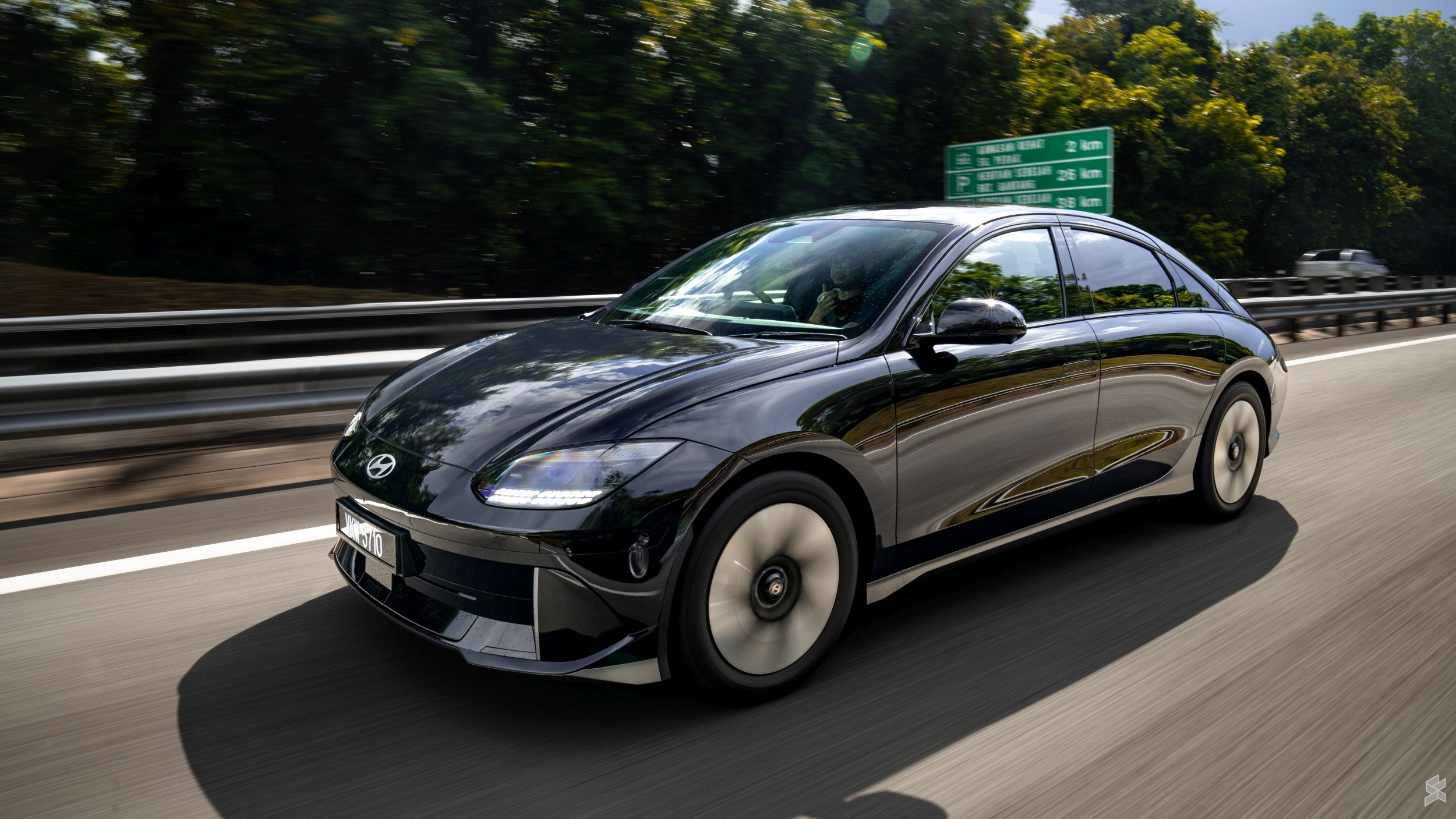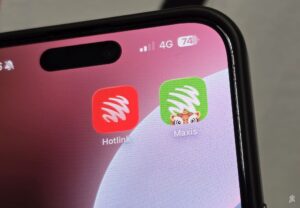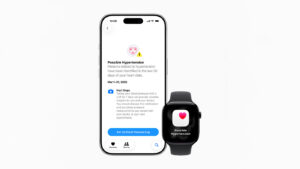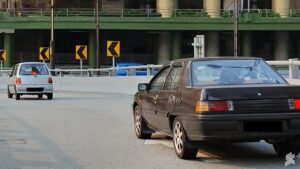Hyundai Motor Malaysia (HMY) has recently revealed that no new battery-powered electric vehicles (BEV) from Hyundai will be released in our market anytime soon. After taking over from Sime Motors, the company will be focusing on just the three models that it has just launched last week – the Staria, Tucson, and Santa Fe – at least for the remainder of 2025.

They are part of 7 vehicles that the HMY is going to introduce into the market within the next 5 years. With initial focus on ICE and hybrid vehicles, the company is also currently prepping up its local assembly (also known as Completely Knocked Down or CKD) operation at Inokom’s facility in Kulim, Kedah.
The decision seemed rather odd given that Hyundai is one of the most renowned and innovative names in the BEV space. Its BEV lineup has won plenty of accolades over the years, including SoyaCincau Awards 2024’s Electric SUV and EV of the Year for the Ioniq 5 N.
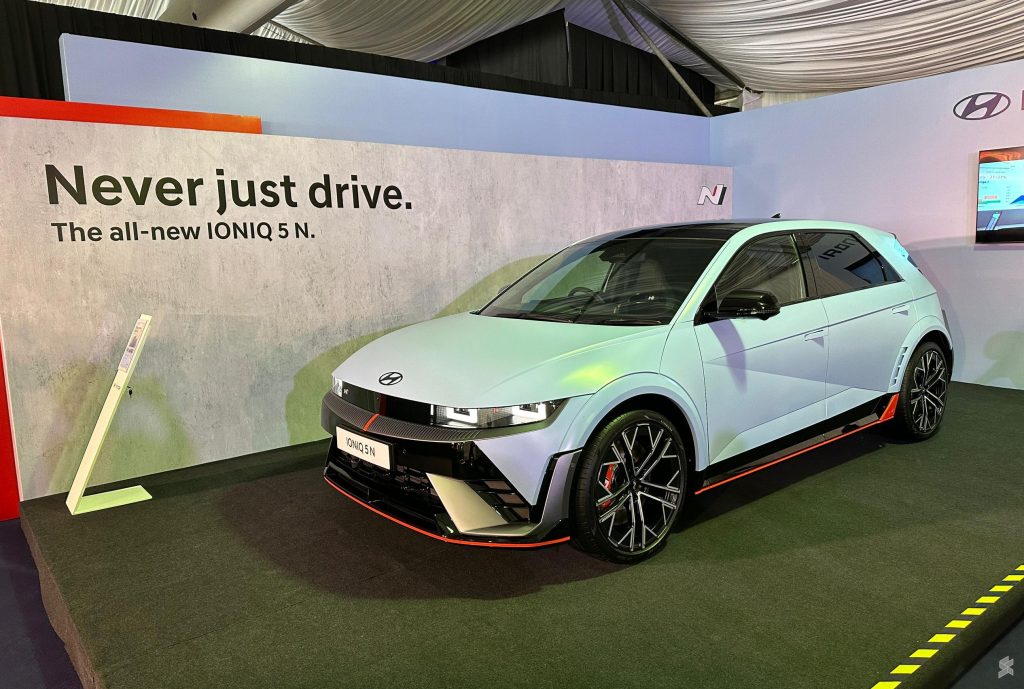
Furthermore, Hyundai is not lacking any new BEVs that can be offered for Malaysia, such as the 2nd generation Kona Electric, Inster, and Ioniq 9. So, what is stopping HMY from including BEV in its lineup from the get-go?
Maybe the EV volume was not convincing?
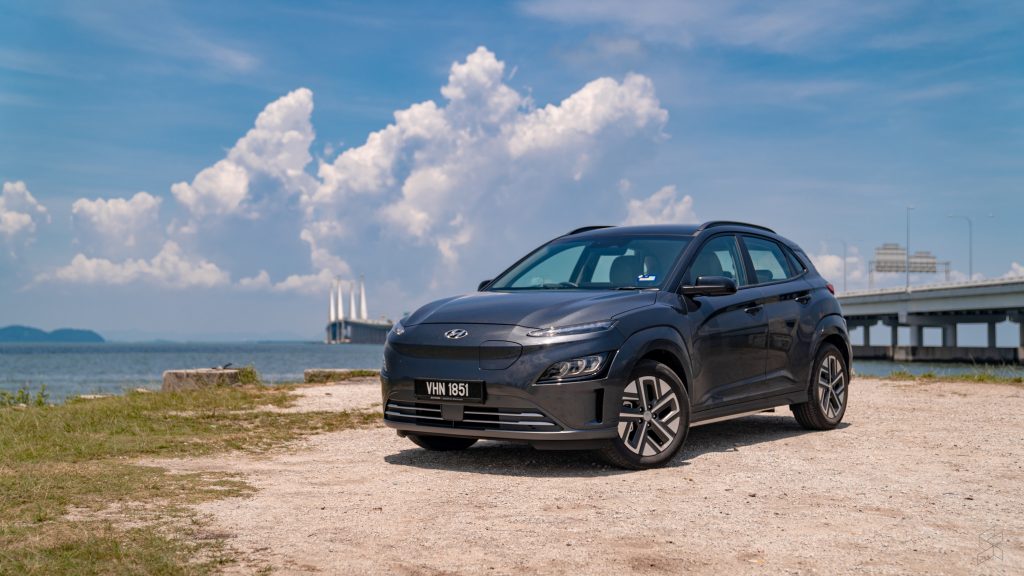
Hyundai’s first BEV in Malaysia was the Kona Electric, which was launched in November 2021. From then until 31 May 2025, there were 784 Hyundai EVs registered in Malaysia according to JPJ’s data on Malaysia’s Official Open Data Portal.
Out of this figure, 346 units were Ioniq 5, while there were also 221 Ioniq 6 and 271 Kona Electric. Given that there were 4,411 Hyundai vehicles registered within the same period, this means 17% of them were BEVs.
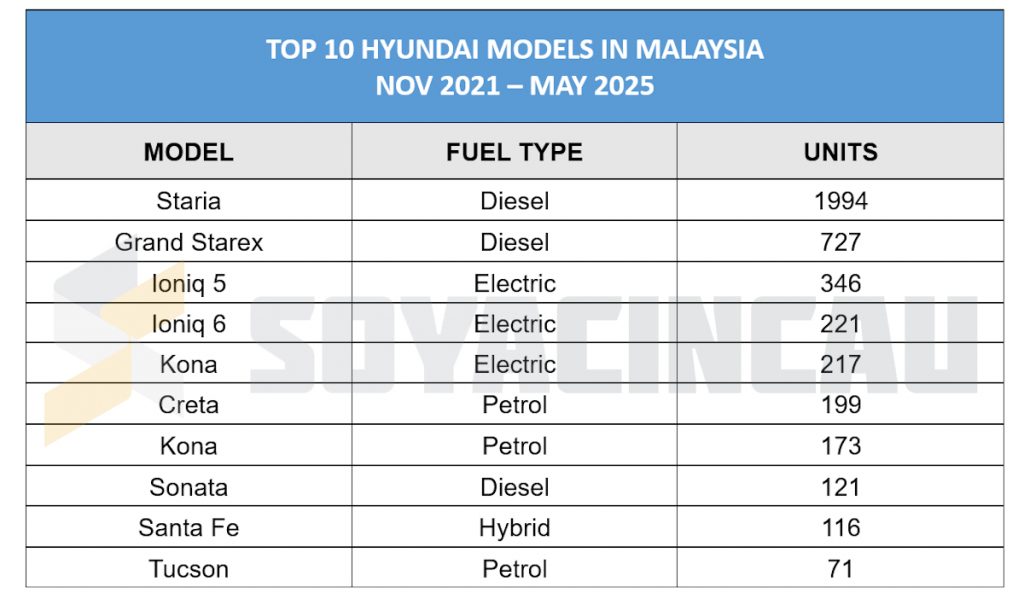
When we delved deeper into the data, we learned that the Ioniq 5 is the company’s 3rd best-selling model during the same period. At the same time, Ioniq 6 and Kona Electric were in 4th and 5th place, respectively.
While their numbers couldn’t beat Staria or Grand Starex, these EVs have surpassed all petrol and hybrid models that Hyundai released during that period. That’s not shabby at all.
Could it be because of government policies?

At the press conference during HMY’s launch event last week, we did ask the company about Hyundai’s BEV line-up for Malaysia. This was the answer that SoyaCincau.com received:
“We do have extensive lineup, and BEV is also one of the strong products that we have globally.
But to bring that in is something that we are studying in terms of what would be the potential of growing the BEV market for Hyundai in Malaysia. We have not looked in particularly into that yet since we just coming up and starting up.
Eventually, we would like to see how this progressed and also, we have to look into what kind of government incentive will be made available and with that, we’ll probably reconsider.
That is all in the future planning. We’ll see how.” – Jahabarnisa Haja Mohideen, Managing Director, Hyundai Motor Malaysia.
In many ways, we can understand HMY’s predicament as it is not the only automotive company that is looking at the government policy as the key factor that will decide their EV strategy in Malaysia. Many in the industry have expressed their concerns in regards to the government’s EV policy, which needs to be updated or at least, extended for several more years.
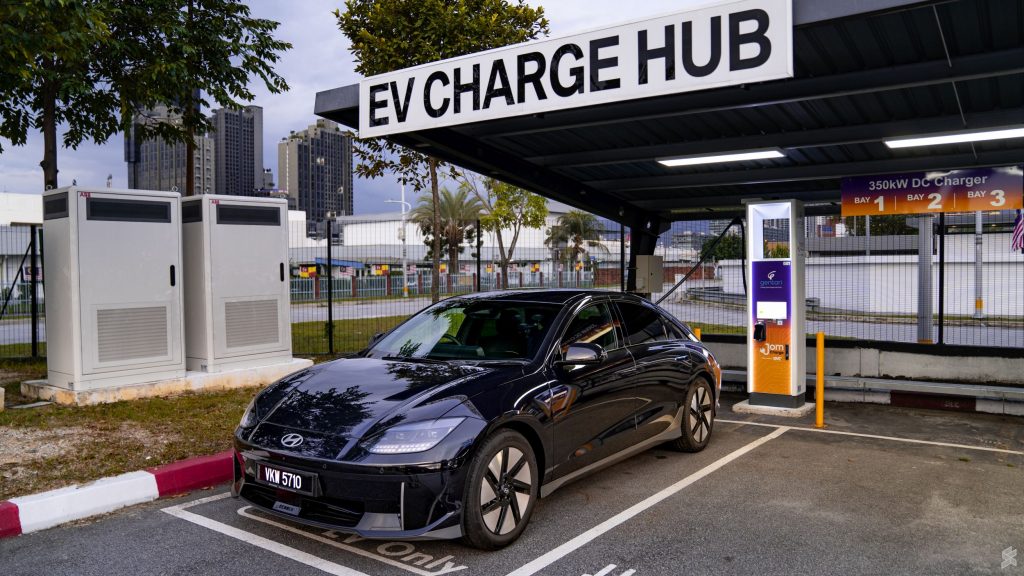
For example, Honda Malaysia’s President and COO Sarly Adle Sarkum has told the media during the launch of Honda e:N1 that the government have to further extend the tax incentives period to at least 5 to 10 years. He pointed out that in general, a manufacturer may take at least 5 years to recover their investments on a CKD project.
Malaysia’s existing policy provides excise duty and sales tax exemption for CKD EVs until the end of 2027. At the same time, the government has also yet to announce any updates on the import duty and excise duty exemption for fully-imported (also known as Completely Built-Up or CBU) EVs.
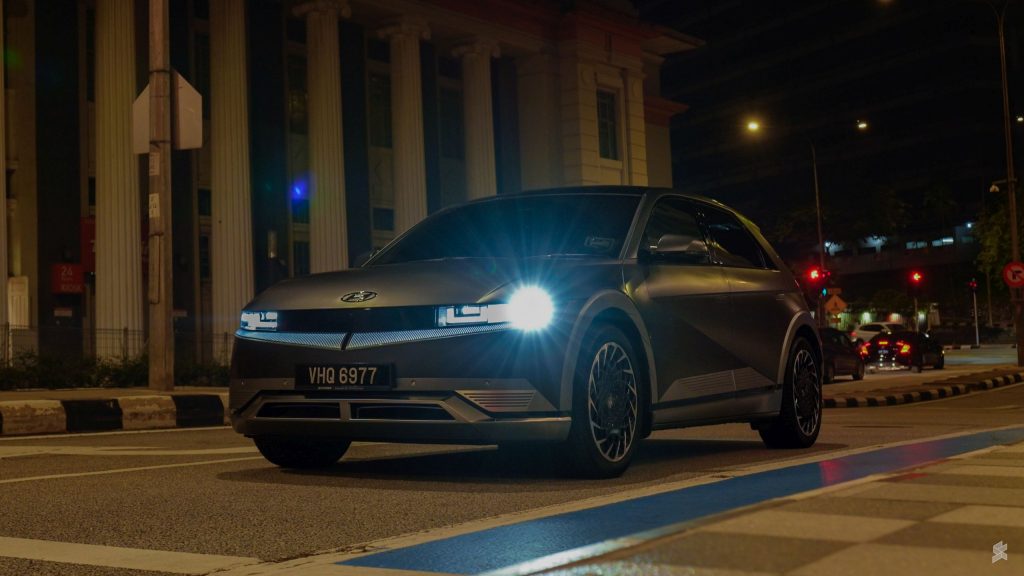
Hence, there is a concern that EV adoptions in Malaysia will be significantly affected if the government lets the current arrangement lapse without any update or extension. After all, the pickup rate of EVs in Malaysia has been showing tremendous growth according to recent data.
Malaysia is currently missing from Hyundai’s BEV activities in Southeast Asia
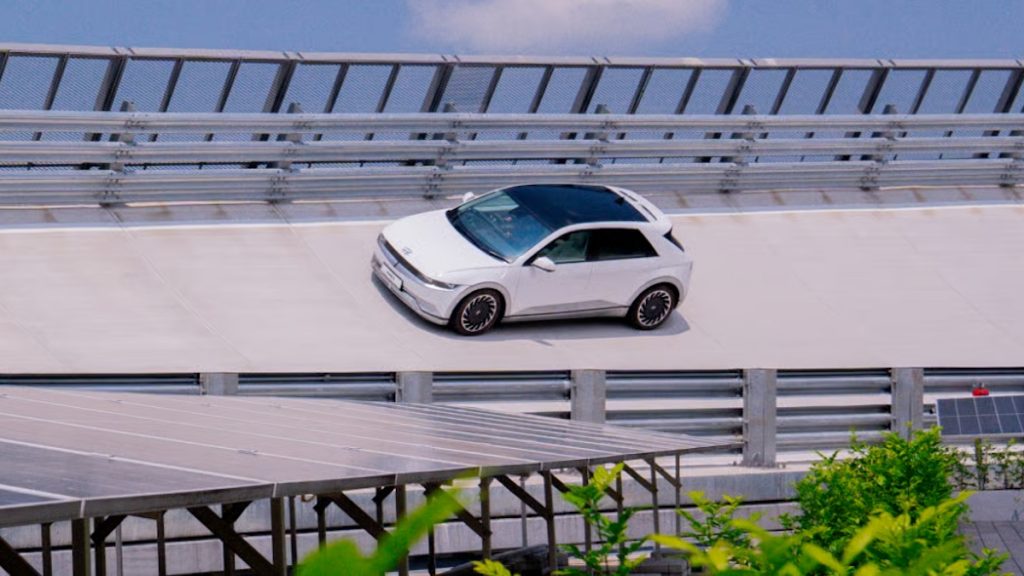
Let’s circle back to Hyundai. At the moment, Malaysia is not only missing out on new BEV models from the Korean giant but it is also absent from Hyundai’s BEV activities in Southeast Asia at large.
For example, Hyundai has chosen our Southern neighbour, Singapore, to establish the state-of-the-art Hyundai Motor Group Innovation Centre (HMGIC). Despite being called “innovation centre”, it also houses the assembly facility for Ioniq 5, Ioniq 5 robotaxi, and Ioniq 6.
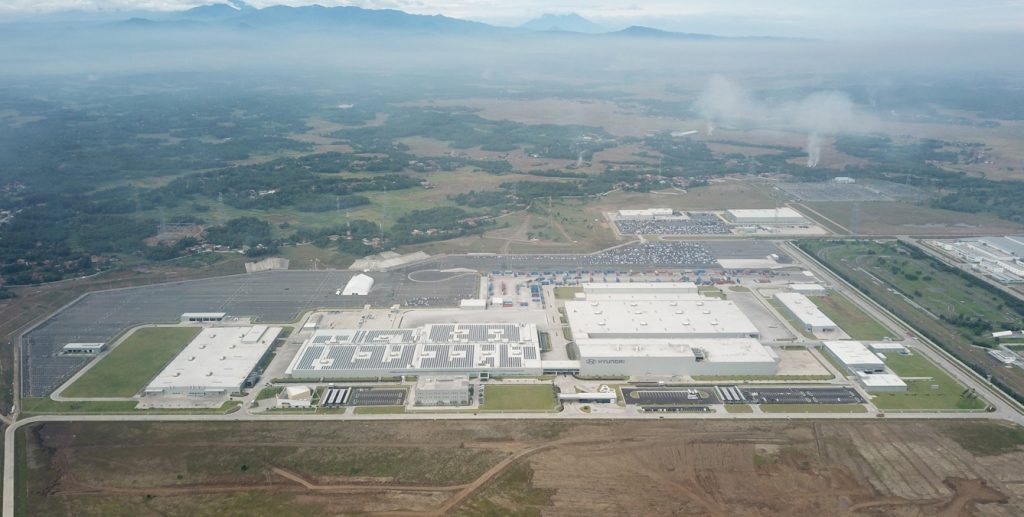
The company also assembles Ioniq 5, Ioniq 5 N, and 2nd generation Kona Electric at its Cikarang plant in West Java, Indonesia. Just a short distance away in Karawang, there is the HLI Green Power’s EV battery plant, which is a USD1.1 billion (~RM4.6 billion) joint venture between Hyundai and LG.
Meanwhile, Hyundai is currently building an EV and battery assembly facility in Thailand with an investment of over THB1 billion (~RM130.4 million ) with production set to kick off in early 2026. Not to forget, Hyundai also locally assembled the Ioniq 5 for the Vietnamese market.

So, how about Malaysia? Well, let’s hope we will have the answer sooner rather than later.
